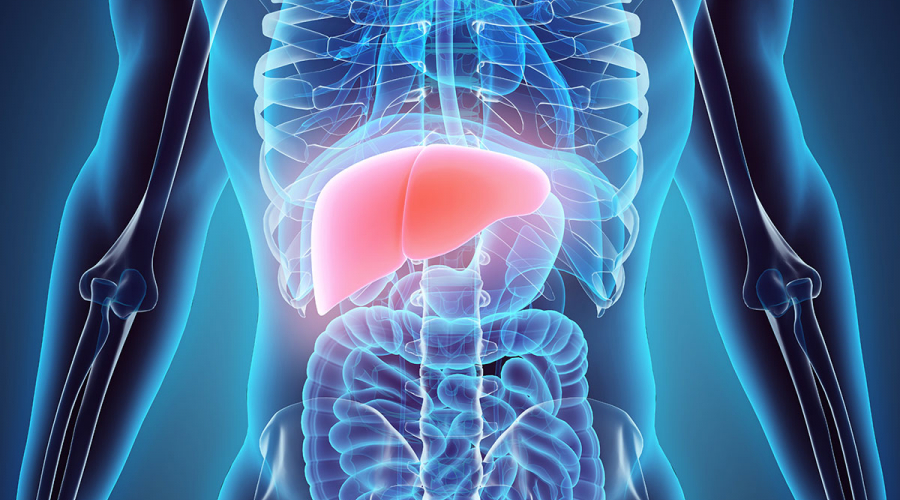
Hepatology Fellowship
Program Administration
Program Director - Christina Delacruz Leyson, MD
Program Coordinator - Christopher Eliopoulos
Over the last several decades we witnessed a surge in prevalence of liver disease in the United States. According to current statistics, chronic viral hepatitis affects one out of 50 people in the general population, and nonalcoholic steatohepatitis affects one out of every 20 to 30 individuals. Despite the recognition of the need for hepatology-trained physicians by the gastrointestinal and liver professional societies, we face significant shortages in the workforce that cares for patients who have chronic liver diseases.
1-Year Non-ACGME-Accredited
Vigorous Training in Outpatient and Inpatient Settings
Trainee Able to Seek a Hepatologist Position in Inpatient/Outpatient Setting
Fellowship well-suited for those who wish to strengthen their credentials to pursue an ACGME-accredited fellowship.
Trainees will:
- Gain knowledge and experience in diagnosing and managing patients with different liver diseases like viral, alcoholic, metabolic, drug induced, immune mediated liver diseases, end-stage liver disease, jaundice, hepatocellular carcinoma, acute fulminant hepatic failure, liver disease in pregnancy, and other liver diseases.
- Acquire particular knowledge of liver diseases prevalent in the community and participate in the teaching community about prevention and care of the liver diseases.
- Gain expertise in evaluating prospective transplant candidates.
- Learn about multidisciplinary approach in the care of patients with end-stage liver disease and transplant including psychosocial and ethical issues.
- Learn immediate and long-term management of patients after a liver transplant.
- Acquire understanding of the surgical procedures performed both in donors and recipients of liver transplants.
- Gain experience in the use of immunosuppressive agents, drug interactions, as well as evaluation and management of graft dysfunction.
- Maintain continuity of care both in the inpatient and outpatient setting.
- Learn about immediate and long-term infectious, metabolic, cardiovascular, renal, and other complications after a liver transplant.
- Develop understanding and participate in the decision-making and care of patients undergoing various interventional radiology procedures.
- Gain knowledge and understanding of the indications, contraindications, and outcomes of procedures like TIPS, hepatic artery chemo-embolization, radio frequency ablations, biliary stent placements, etc.
- Interact with attendings in the review and discussions on patient care options.
- Read and get involved in the implementation of evolving newer treatment modalities for chronic viral hepatitis, liver cancer, etc.
- Gain further skills in endobiliary diagnostic and therapeutic procedures.
- Develop proficiency in the indications, techniques, and interpretations of liver biopsy.
Interpretation of liver histology including graft rejection will be an integral part of the training. The training encompasses patient care learning in areas of ambulatory patient management, consult services, and inpatient hepatology unit patient care. Trainees will participate in teaching medical students and resident house staff, as well as peer teaching activities in the department of internal medicine.
Faculty
There will be a board-certified/eligible hepatology staff physician assigned to each rotation at all times. There will be four core faculty members within the division of gastroenterology, hepatology, and nutrition who regularly rotate with the fellow in both inpatient and ambulatory settings.
Hepatology Fellowship Program Director: Christina Delacruz Leyson, MD
Research
Trainees will participate in ongoing research projects in the hepatology and liver transplant surgery services. In addition, trainees will be encouraged to have a well-defined research project in the area of their interest in the field of hepatology. Trainees will work under the mentorship of faculty to complete the project during the training period.
It is important to note that completion of this fellowship does not allow you to sit for the transplant hepatology certification exam sponsored by American Board of Internal Medicine (ABIM).
Application Information
Applications will be accepted beginning Nov. 15 (Materials submitted prior to this date will not be processed.) More information is provided in the hepatology fellowship application information page.